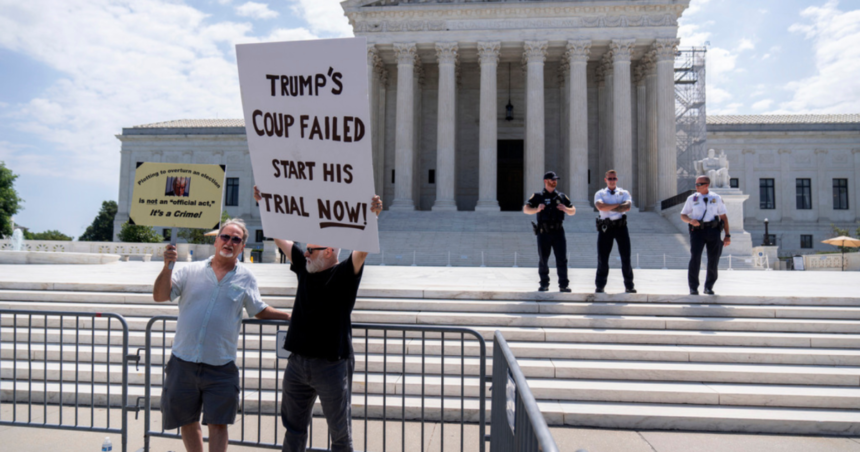The Supreme Court issued several significant rulings on Friday, including a case that narrows obstruction charges against January 6 rioters.
In a 6-3 decision, the court emphasized the need for evidence that someone attempted to alter documents or records.
Chief Justice John Roberts, speaking for the majority, stated, “There is no indication in the text or legislative history that this subsection was meant to impose a maximum penalty of 20 years on all defendants who obstruct justice in any manner and could be subject to lesser penalties under more specific obstruction laws.”
This case will now be sent back to a lower court, which will implement this standard and potentially result in dropped charges for other January 6 defendants.
Related Story: Supreme Court says DOJ went too far with charges against Jan. 6 rioters
Justice Amy Coney Barrett authored the dissent, arguing, “Once Congress establishes the limits of liability, the executive branch can choose which cases to prosecute within those boundaries. By limiting §1512(c)(2) without textual basis, the court failed to respect the prerogatives of the political branches.”
Jeffrey Green, the attorney for Joseph Fischer, the defendant in question, expressed the challenges faced by his client throughout this process.
“It’s a rare victory to prevail against the government at the Supreme Court,” Green added.
This ruling could also impact the federal criminal case against former President Donald Trump, who is confronted with a comparable obstruction charge.





